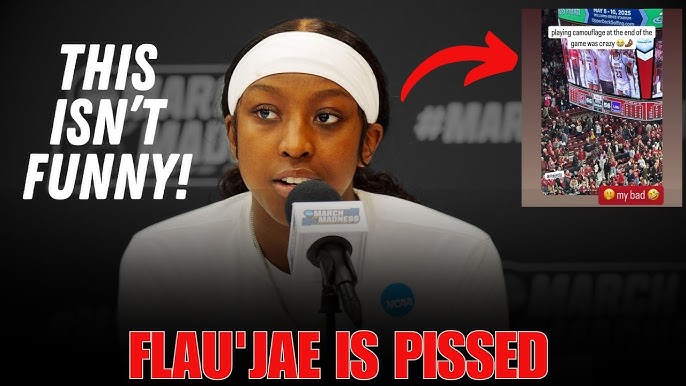A recent incident at a women’s basketball game between the University of South Carolina and Louisiana State University (LSU) has sparked controversy and public backlash. Following South Carolina’s 66-56 victory over LSU, the Gamecocks’ arena DJ, known as DJ T.O., played “Cut Friends” by Camouflage, the late father of LSU star Flau’Jae Johnson. Jason Johnson, who performed under the name Camouflage, was tragically murdered in 2003, six months before Flau’Jae was born.
Flau’Jae Johnson expressed her distress over the song choice, stating on social media, “I’ll take my L on the chin, but this just nasty behavior. Nun funny bout that.”
In response to the incident, South Carolina’s athletic department issued a public apology to Flau’Jae Johnson, her family, and LSU. The department acknowledged that the DJ’s actions were disrespectful and stated, “Conference rivalries and passionate fan bases should only serve to enhance sports, not be used to target individual players personally.”
As a consequence of the inappropriate song selection, DJ T.O. was suspended for one game. The DJ acknowledged the misstep, apologizing for the choice and clarifying that there was no ill intent. However, this explanation did little to quell public outrage, with many expressing that playing the song was in poor taste.
The incident has ignited discussions about the boundaries of sportsmanship and respect, particularly when personal histories intersect with competitive environments. While rivalries are a staple of collegiate athletics, this event has prompted a broader conversation about empathy and the potential for harm in seemingly innocuous actions.

